In this week’s edition of Copa Coffee, we caught up with Western Sydney Wanderers’ defender Ruon Tongyik.
Photographer Aleksander Jason captured Ruon in Collingwood’s Victoria Park in Melbourne where he opened up about his memories of escaping South Sudan, how he fell in love with football in Adelaide, and the challenge of separation from his family.
☕
Having experienced, and fled, the trauma of their war-torn homeland of South Sudan, Ruon Tongyik’s family now cherish time together.
Knowing how different their fate could have been had they stayed, has brought them closer.
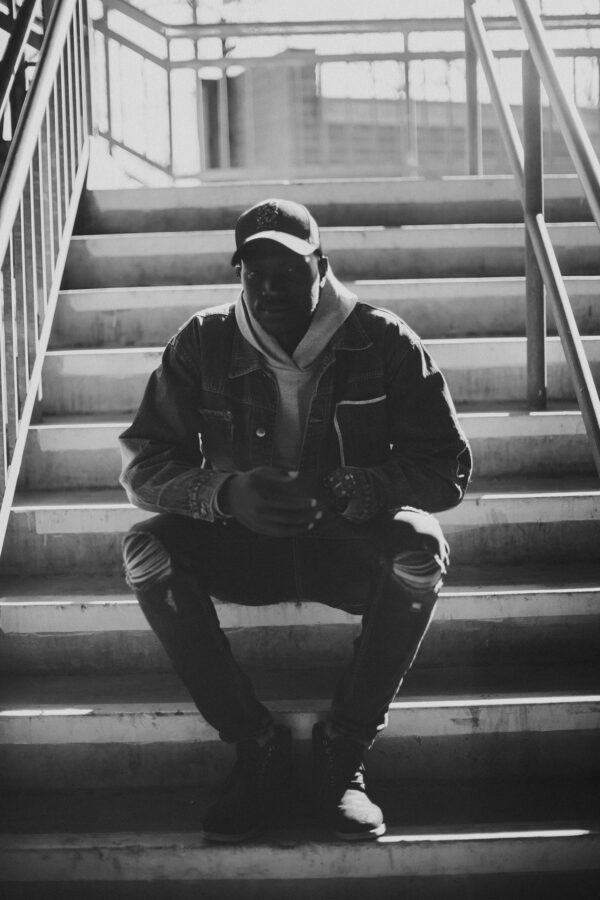
But as Ruon attempts to cut his teeth as a promising centre back in the A-League, moving away from his parents and siblings to fashion a professional career has been challenging.
As a result of the transient nature of football contracts, at just 21 Ruon is already at his third A-League club. He’s had to move twice; from his family’s base in Adelaide to Melbourne City and most recently to the Wanderers in May this year.

Ruon – the eldest of five siblings – believes it has been one of the biggest challenges for himself and other professional athletes, despite it being a reality of the profession.
“Moving out was a very tough situation. I knew it wasn’t going to be easy. The first few months when I moved out, was the toughest; not seeing the family, because we are very close and saw each other every day; without mum’s cooking and everything else like that.
“I think that’s one of the toughest things as a footballer; living away from home. Just trying to get your mental state right and especially when things aren’t going right, it’s very hard.”
Ruon’s situation is understandable. When he was four, his family – at the time comprised of his mother, father and brother – were separated as they left to establish a new life in Ethiopia from the war-ravaged South Sudan.
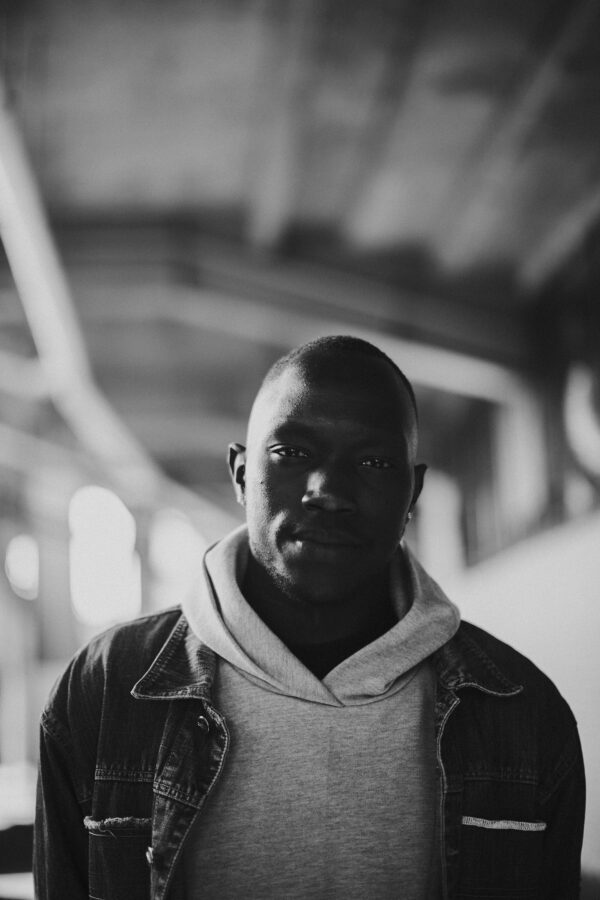
“Obviously my family didn’t want to live in South Sudan anymore because of what was going on. Luckily my mum’s brother lived in Australia, so we had a potential place to re-start our lives. He had paperwork trying to migrate us to Adelaide. He had people trying to help him [with applications] but nothing was going through for a while. We wouldn’t hear from him for months at a time.
“So it was a small chance for us getting to Australia at first. We took the risk instead to live with relatives in Ethiopia. But we couldn’t just drive there; we didn’t have a vehicle. There were people that drove from Sudan to Ethiopia and you had to pay them a huge amount of money just to cross the border. It was a big risk because there were people who were stopping cars going between the countries. Back then they still took kids from their family as well, so it was pretty tough.
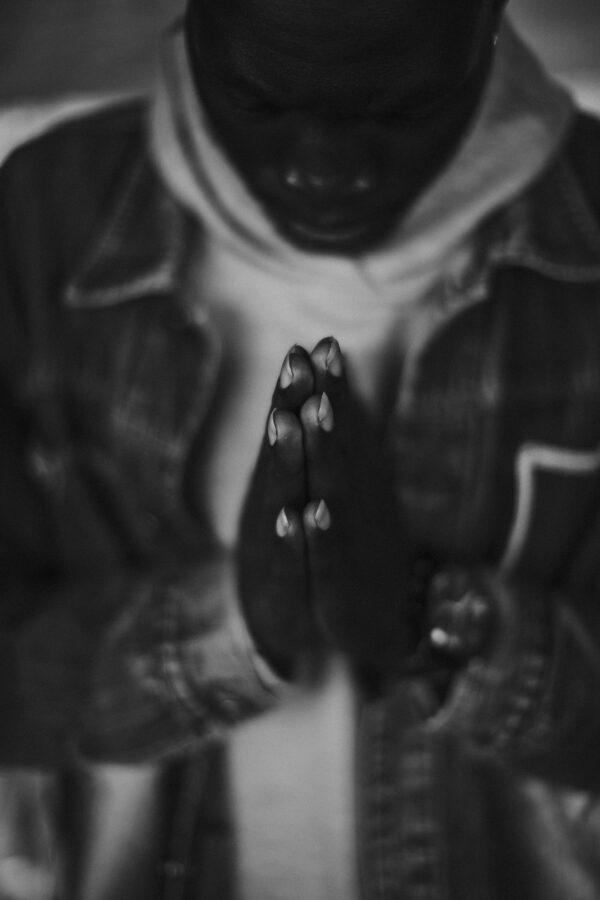
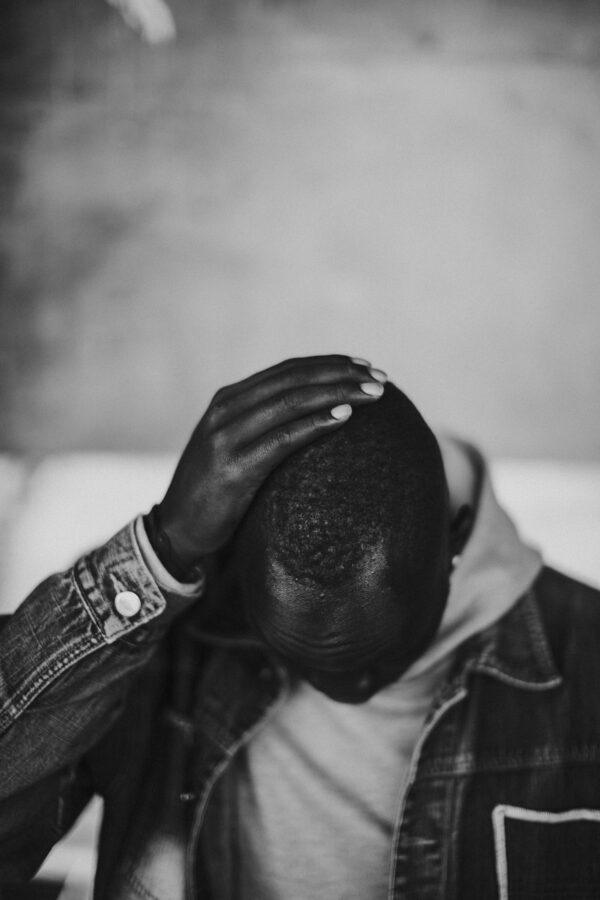
“I was very young at that time, and at first it was me and my father who were travelling to Ethiopia. We had to leave my mother behind. My mum came after. It was scary as a young kid because you couldn’t really understand what was going on, but you could see from the facial expressions from your parents that things weren’t going right, they looked frustrated and so scared at times.”
Luckily, the family reunited in Ethiopia and waited until their documents were processed for their move to Australia with their uncle, who had migrated in 2000.
Finally, in 2003, Ruon now six, his younger brother, Gatlat, who was born in Ethiopia, and his parents made it to Australia. Reflecting on that time, Ruon said that while his family were together and safe again, it wasn’t easy to settle into his new surroundings.
“My first memories of Australia were very, very different because I didn’t feel like I belonged at first. It took me a while to adapt to the culture and to the people. It was hard because I didn’t speak English at all, it took me a while to understand.”
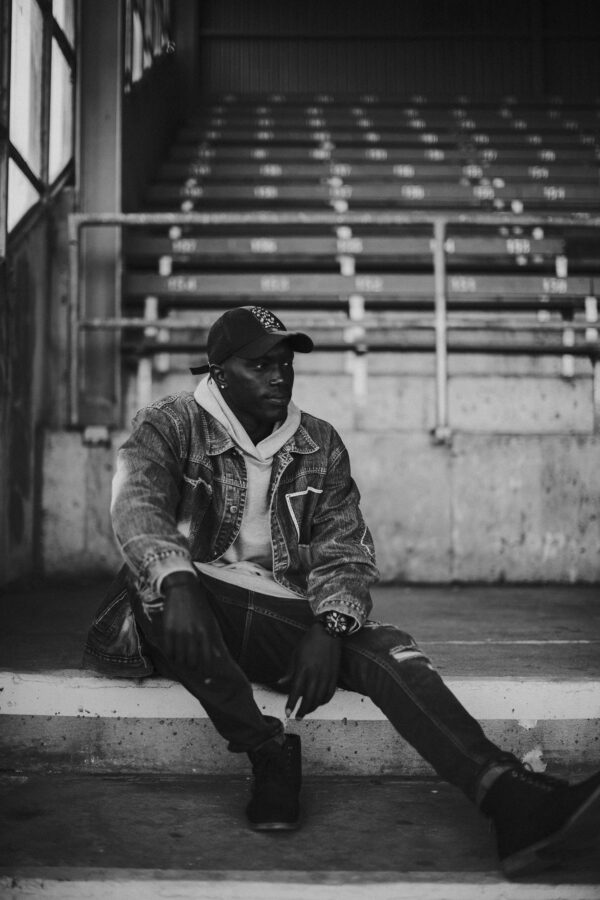
That changed when Ruon started to attend a local English school in the suburbs of Adelaide. And it was a newfound love for a new game that finally helped him ease into life on the other side of the world.
“I was put into a school where there were a lot of other refugees coming from other countries. It was a language school, so that was good because there were a lot of African kids there who also didn’t understand English. That’s where I started playing soccer and made new friends. We quickly made a bond between the boys who I played sport with.”
A late bloomer, Ruon joined his first club in 2011. In 2015 he signed his first professional contract. Three years since, football has well and truly changed his life. He respects that without his family and the opportunity football has afforded him, things would be very different.
“When we first came to Australia it wasn’t my first preference to make a career from football, or my family’s first preference, because they wanted me to obviously get a job and help out in the family.
“But football changed everything for me. It changed my life, obviously for the better. And my family never thought something like that could only just affect me, but the family as well. I was very fortunate for how things happened very quickly and you just have to learn and go along with it and strive to get better.”

And for Ruon, he has his family to thank for everything.
“If it wasn’t for them, I wouldn’t be here today doing what I love, so I think it’s definitely changed the whole situation and obviously if it wasn’t for the risk my family took, it would have been very tough for me to be in the shoes I am today.
“Now I have to take responsibility and I’m very certain there are a lot of young Sudanese kids who are looking up to me and I have to be a great role model for them and hopefully lead them to the right path and get them to playing football.”
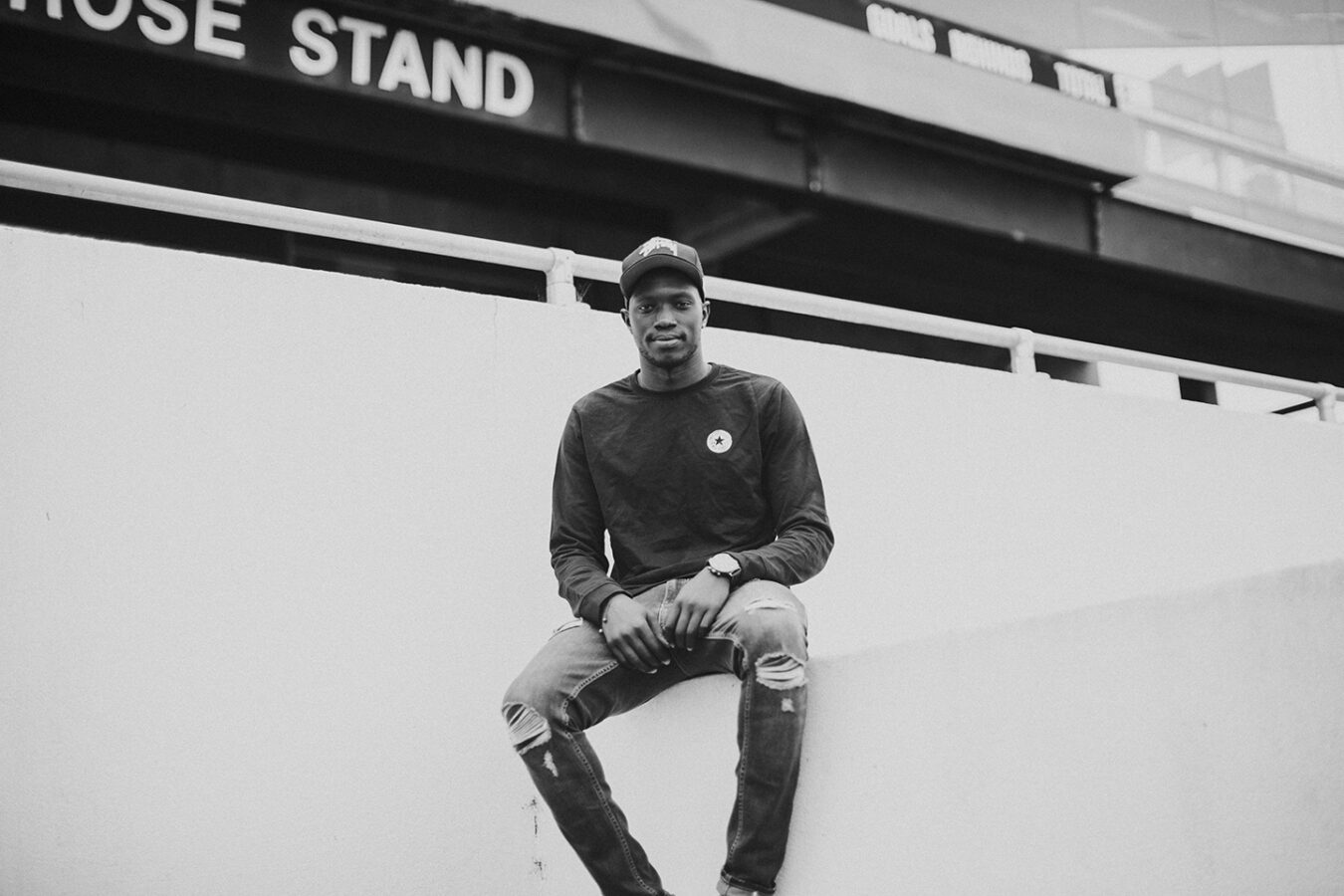
One of those people Ruon hopes to influence is his younger brother Gatlat Tongyik.
“My younger brother is a footballer as well. He’s actually a very good player. He’s very disciplined. He’s actually taller than me now and he’s only 19. He’s going to come and live with me and focus on his football and I think it’ll be a good pathway for him to follow his career as well.”
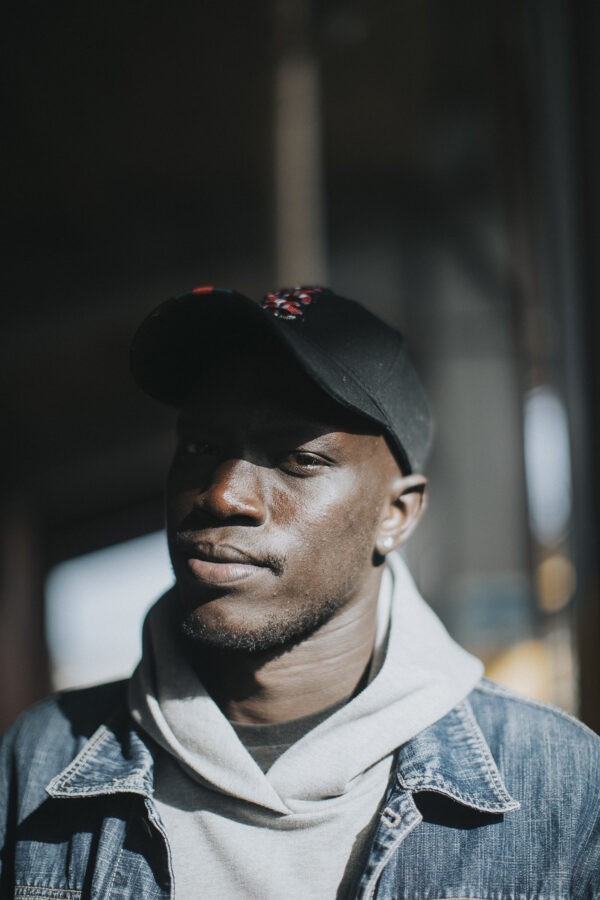
☕
@ Images copyrighted







